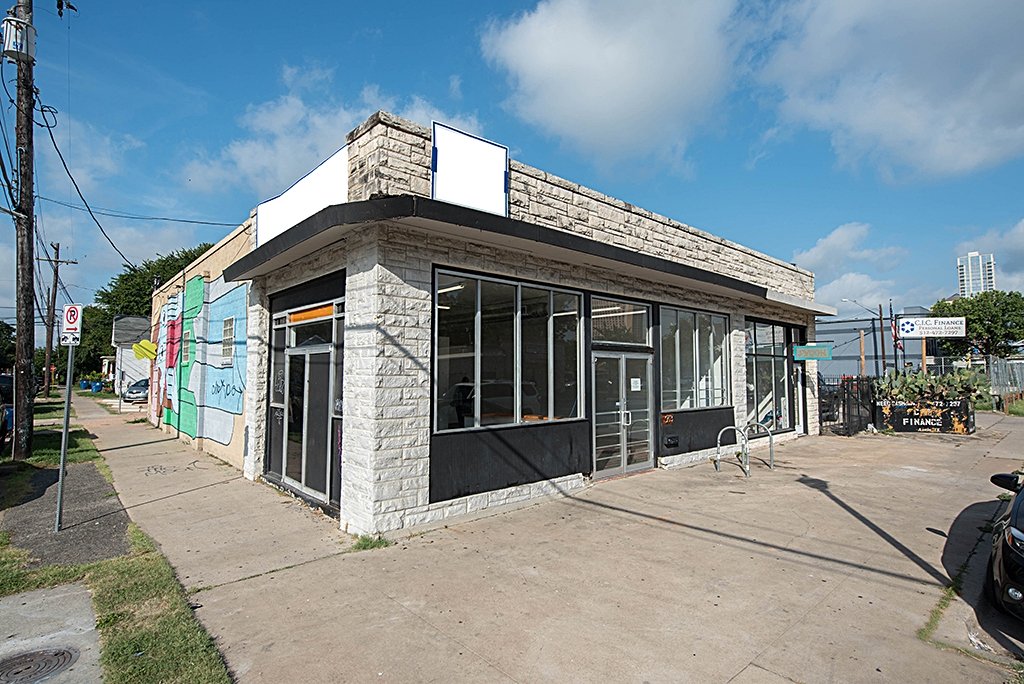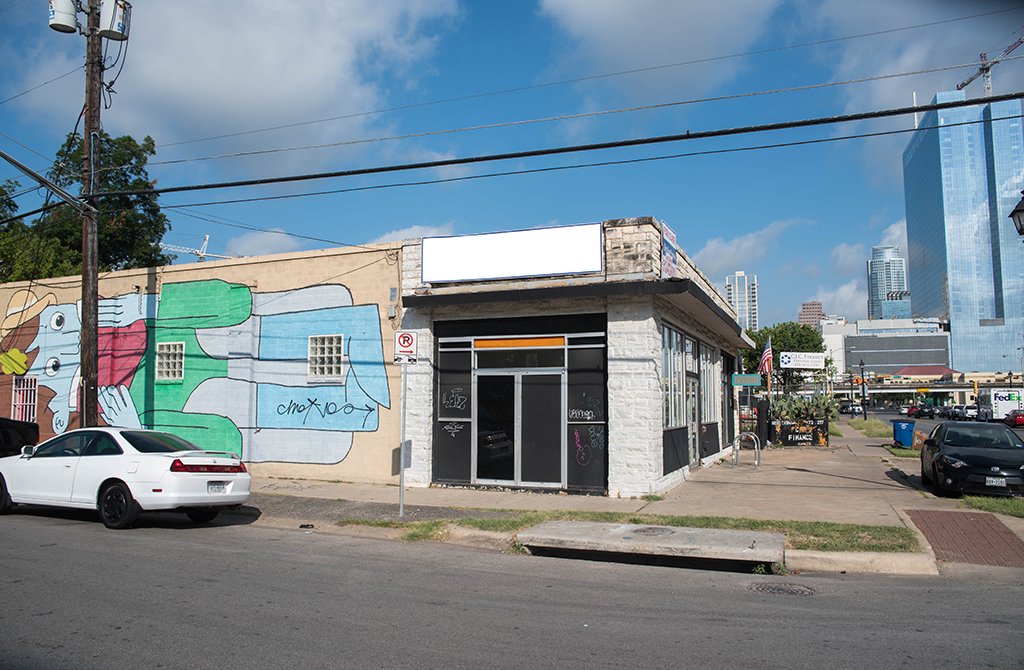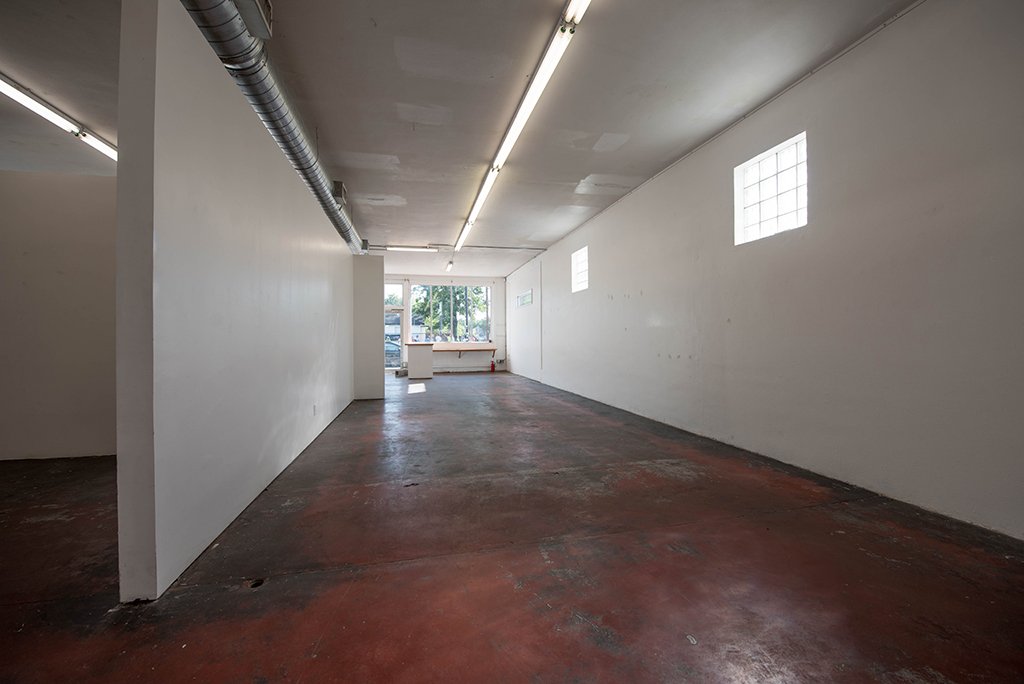Negotiating a Commercial Lease
For any business renting space, a commercial lease is one of the most important documents in the filing cabinet, sharing company with bank documents, proof of insurance, and yet-to-be-paid invoices. Because it defines the legal relationship between landlord and tenant, a commercial lease will, in many ways, provide physical context for a business inhabiting the space while shaping opportunities for growth throughout the contract term.
Here's a short list of legal terms frequently used in commercial lease verbiage and their accompanying definitions. Study up on your real estate terms before entering any negotiation as it's likely the lease you'll be dealing with is full of legal jargon designed to concentrate bargaining power in the hands of the lessor.
It’s of paramount importance that a leasee negotiate the best terms possible before putting pen to paper. Our commercial agents are seasoned tenant representatives, fully capable of navigating unique lease negotiations. Still, it’s important to us that our clients know the process, their role, and their rights before entering into a conversation with landlords and lawyers because, as we should assume, they will have no one’s best interest at heart but their own. With that being said, here are some key points regarding the commercial lease negotiation process.
All leases are negotiable.
That’s right, there is no such thing as a standard lease. However official the document presented seems, however frequently it has been used in the past, no lease is beyond the realm of tweaking and tailoring for any specific tenant. Yes, a landlord may have obligations to other tenants in the building or to their lenders or insurers, but that doesn’t mean one shouldn’t seek modifications that set their business up for success or minimize logistical disadvantages before the doors even open.
So now that you know all leases are negotiable, what do you negotiate for?
The answer to this question depends on the business, building, tenant, landlord, and market in question, but there are some overarching ideas to consider before entering a negotiation.
913 E. Cesar Chavez is one of our current listings for lease. 2,600 square feet of creative office or retail space listed for $34/SF plus triple net. Come by and check it out!
Lease Term
When deciding on a lease term, one must weigh flexibility against stability. Long-term leases guarantee space for a business, which can be especially important for businesses that are location-dependent; retail, restaurants, etc. Simultaneously, long-term leases force one to sacrifice flexibility; the option to move if circumstances change. The nature of your business might make this decision simple. If not, however, the best solution might be to seek an initial short-term lease (a year or two) with several options to renew the lease at the end of its term. For this privilege, it's likely the landlord will reserve the right to increase rent for the renewal options, should you take them. Such is the price of having one's cake and eating it too. Your business model will determine whether the arrangement is worth it.
Rent
It's important not to assume that the rent listed is market rate before looking at comparable properties. If, during your research, you find similar spaces for less, you've found grounds to ask the landlord for a rent reduction. Oftentimes, landlords will include annual rent increases into the clauses of a lease. Going over every lease with a fine-toothed comb will make sure these details get teased out. If a landlord insists on keeping the clause, it's advisable to try and bargain for a cap on the maximum increase allowed annually. Finally, while determining rent we advise tenants to inquire about who will be responsible for the property's utilities, taxes, insurance, and repairs. A "gross" lease will include these costs in the base rent, while a "net" lease will require the tenant to pay them separately. Depending on the situation, the best move might be to pay higher rent for a gross lease in order to avoid potentially high property maintenance costs.
Property Improvements
If the property in question will need a build out, addition, or general improvements in order to house your business, it may be smart to use the lion share of your bargaining power to secure necessary improvements at no cost. Note that landlords will be more willing to consider these improvements for long-term leases.
Sublease Potential
Flexibility is valuable, and the right to sublease your space is one more way to preemptively expand your options should things not pan out as anticipated. With the right to sublease, you'll be able to find another tenant to use the space and pay the rent, allowing you to move your business without breaking the lease if need be. During the negotiation process, ask about the right to sublease!
Interested in leasing space? See all of our current listings here!
Another one of our listings for lease, 1201-1203 E. Cesar Chavez. Click here for the full property flier.





